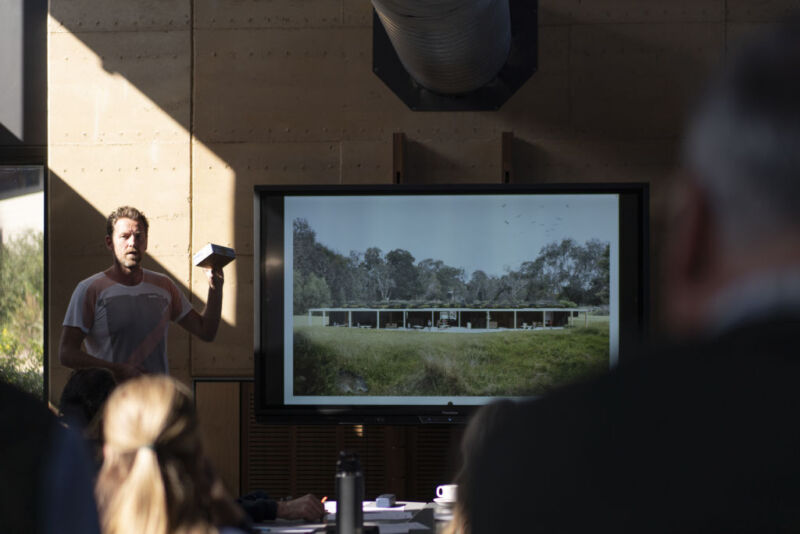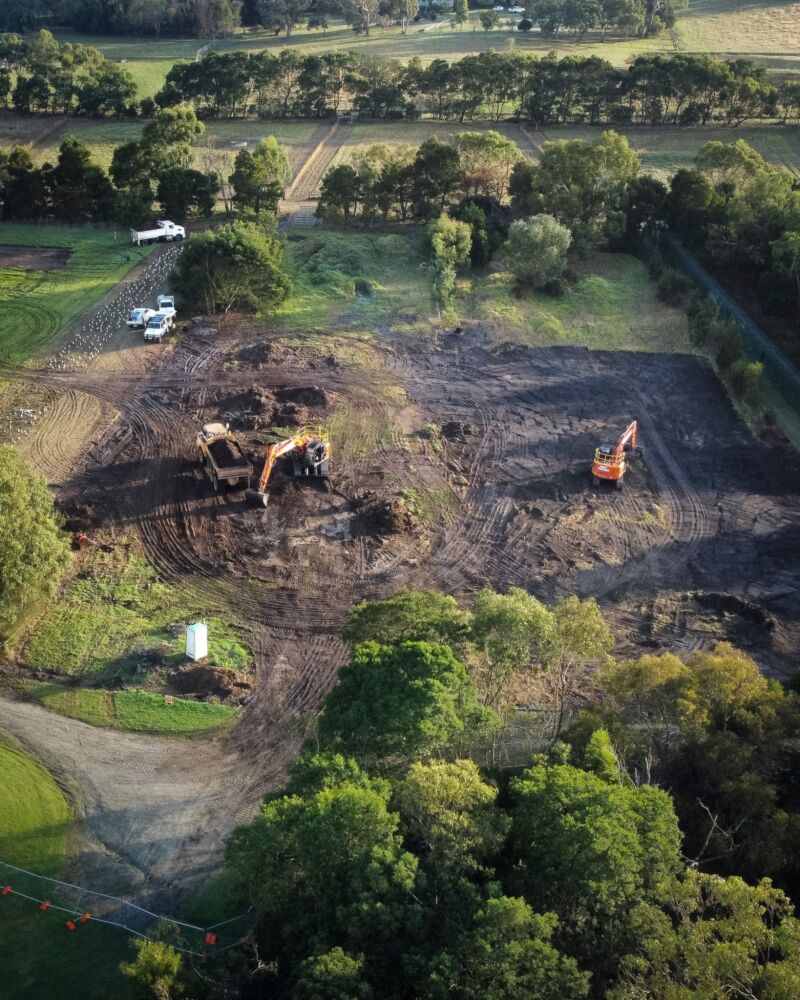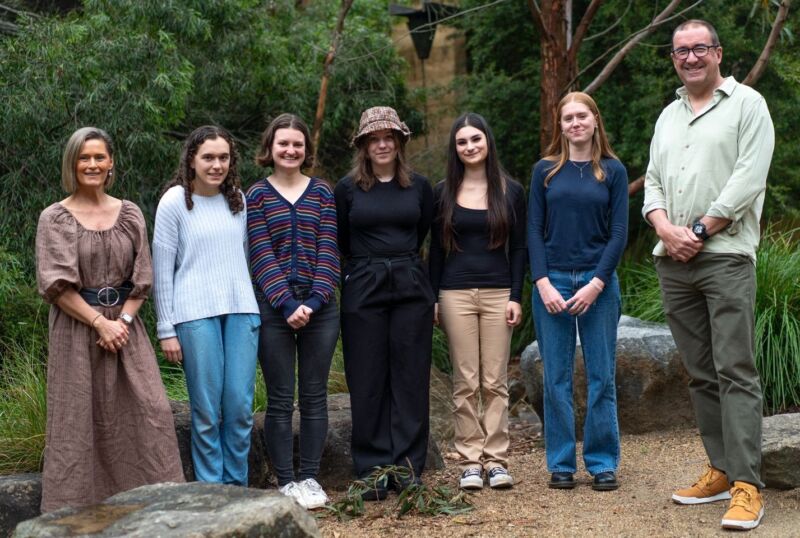
The Power of Us
The Power of Words
Sticks and stones will break your bones, but words will never hurt you... or will they?
Continue Reading
Sticks and stones will break your bones, but words will never hurt you... or will they?
Continue Reading
Woodleigh was recently featured in Domain's Independent Schools Guide 2024.
Continue Reading
Groundbreaking news about a landmark project at Woodleigh.
Continue Reading
Each year, Woodleigh students leave with much more than a certificate and a list of academic successes... in 2023, they leave with an understanding of who they are.
Continue Reading